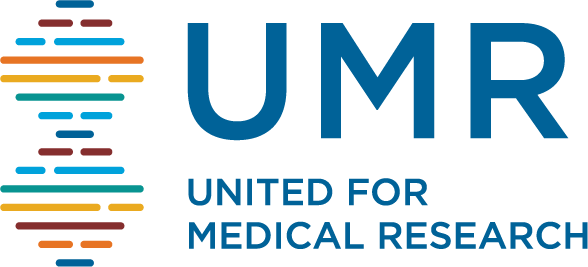New research from the Washington University School of Medicine in St. Louis shows that international travelers often return home with new bacterial strains jostling for position among the thousands that normally reside within the gut microbiome. Such travel is contributing to the rapid global increase and spread of antimicrobial resistance.
“Even before the COVID-19 pandemic, we knew that international travel was contributing to the rapid global increase and spread of antimicrobial resistance,” said Alaric D’Souza, an MD/PhD student at Washington University and a co-first author of the study to be published June 6 in Genome Medicine. “But what’s new here is that we’ve found numerous completely novel genes associated with antimicrobial resistance that suggest a worrisome problem on the horizon.”
